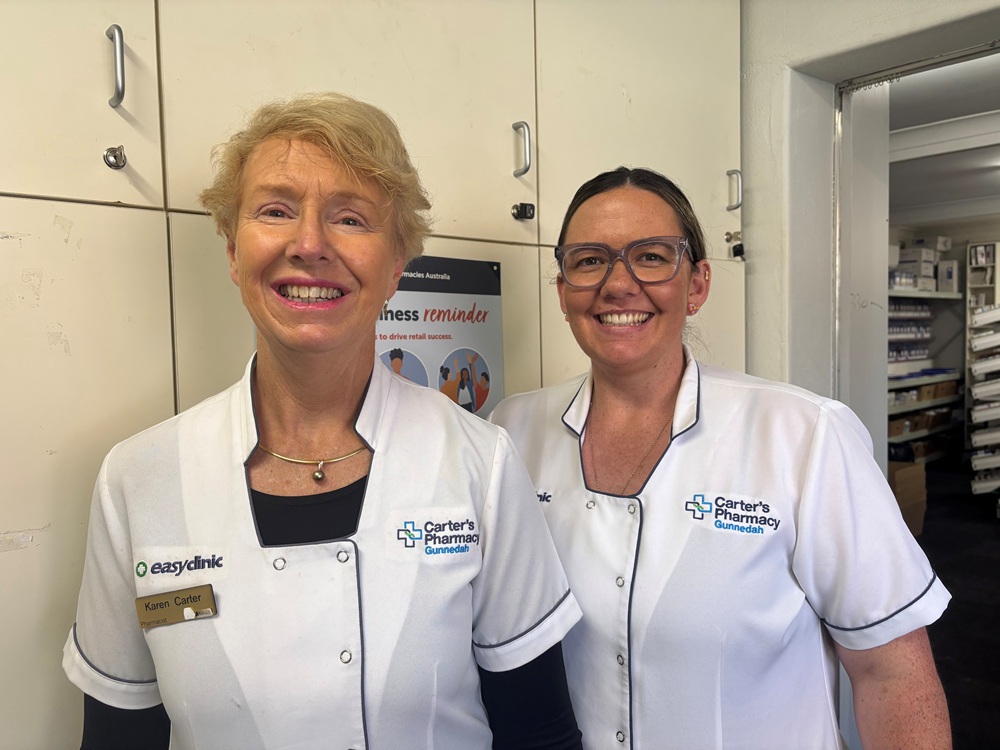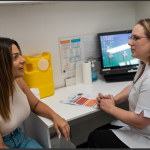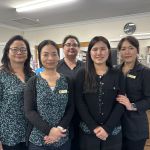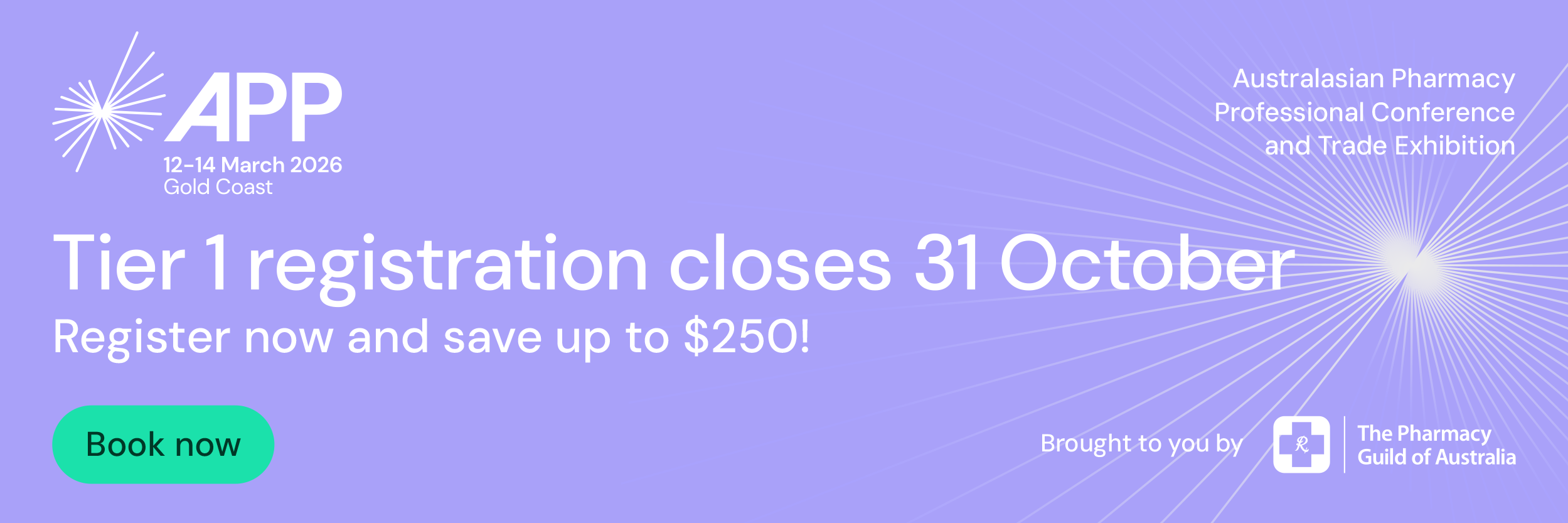After entering every year, Mrs Carter is humbled the short film won Best Video at the Australian Pharmacy Professional Conference and Trade Exhibition, held in March.
“Flexibility is key – we have a seven-day business, so we try to have flexibility around what a working week looks like.
“We have some young mums who only work until 3pm, so they can go home and start their second job,” she said with a laugh.
She said investing in technology – like their dispensing robot named Regina – helps to reduce mundane dispensing tasks, making the job more enjoyable for staff.
“We also tried to highlight that offering a good mix of different personalities and cultures makes for a happy team.”
In another coup, her team also took out the Peoples’ Choice Award in the Cultural Engagement Video Competition. Participating pharmacies were asked to showcase how they celebrated cultural diversity in line with this year’s theme of Community Pharmacy, Creating Cultural Connections.
Having owned Carter’s Pharmacy in Gunnedah, a remote town in New South Wales, for 33 years and another pharmacy, Narrabri Pharmacy, about an hour’s drive away, for 16 years, Mrs Carter is passionate about improving health inequities for First Nations patients.
“Both towns are similar in size and have a population of around 12,000 – 20% are Aboriginal and Torres Strait Islander.”
Kirra Natty, who is a First Nations pharmacist, has provided invaluable insight and guidance on culturally sensitive topics, since starting at Carter’s Pharmacy, in 2023.
Maintaining a close relationship with Aboriginal Elders, holding weekly visits with an Aboriginal Healthcare Worker, collaborating with Healthwise around vaccinations and ongoing cultural training for staff are just some initiatives the pharmacy is involved in.
“There is a lot of trauma around colonisation for Indigenous people,” Ms Natty said.
“Pharmacies are the most accessible health care providers, so if you can make it a safe space for them, they’re more likely to ask for help for a range of different conditions or ailments as opposed to going to a doctor or waiting for an appointment.”
At NAIDOC Week last year, she set up a tent and saw an opportunity to screen people for high blood pressure.
“Several people recorded high blood pressure, this allowed them to get onto medication, which might actually help prevent disease further down the track.”
In preparation for this year’s NAIDOC Week, Ms Natty has written to local high schools asking if students would like to shadow a pharmacist for work experience.
“I think it’s important we look at the younger generation as well and show them there is an opportunity to work in pharmacy, and that they can go to university and have a career in healthcare,” Mrs Carter added.











